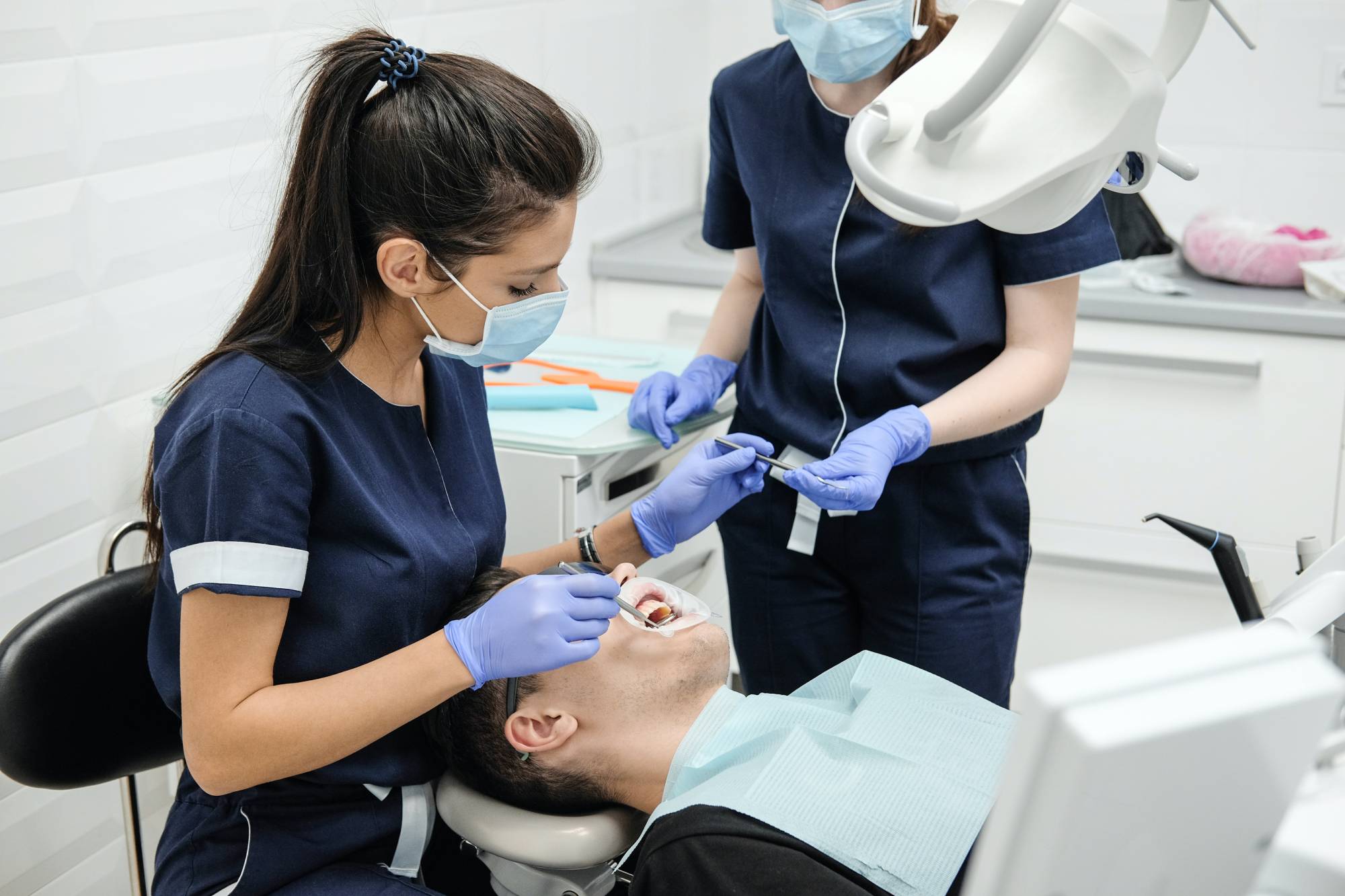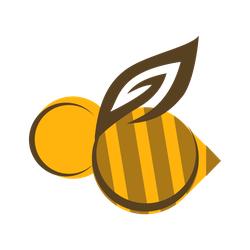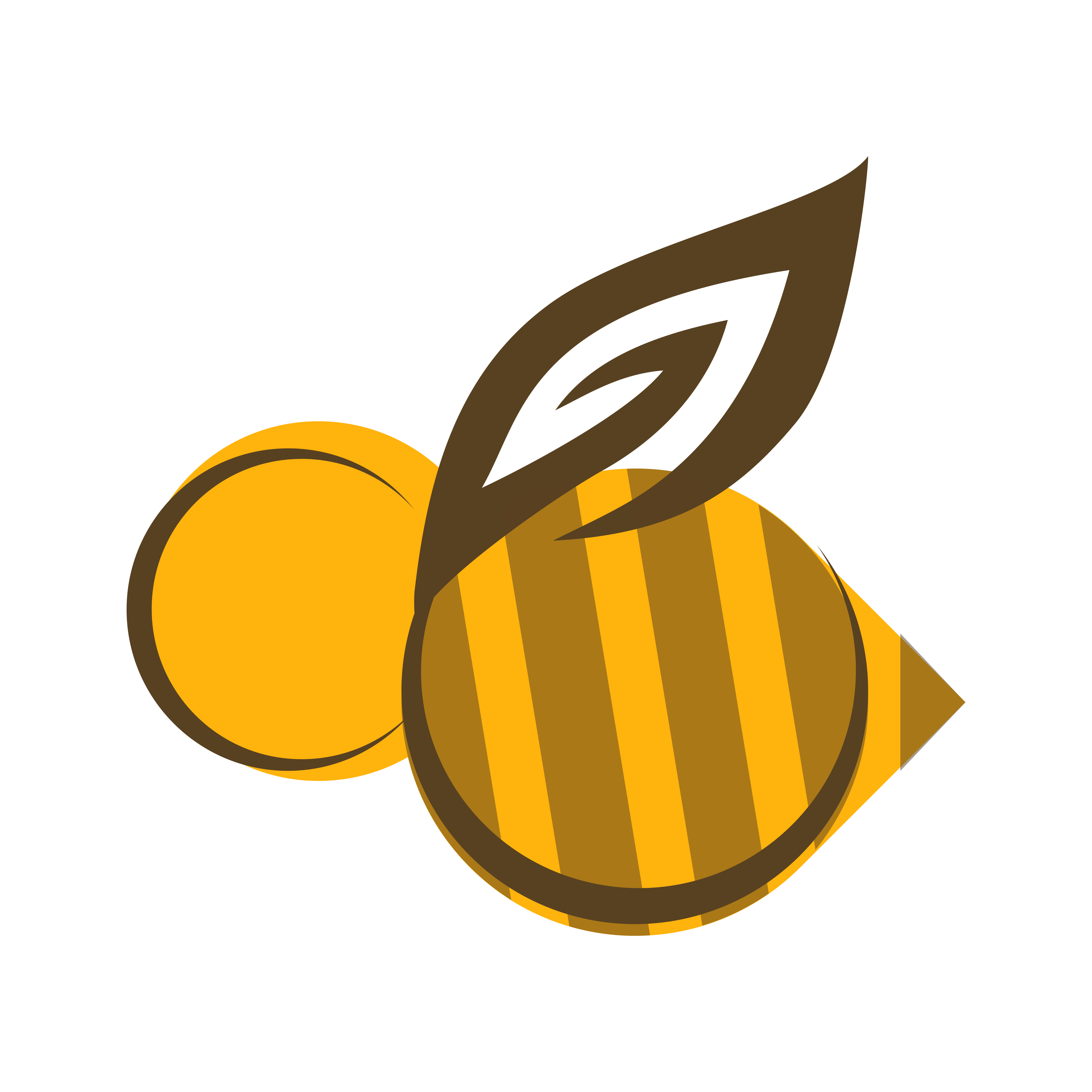Extractions
Extractions

When a tooth becomes too damaged or risks affecting the integrity of your other teeth or your oral health, it may need to be extracted. An extraction is the removal of a tooth from its socket. Extractions are also performed to prepare the patient for orthodontic treatment.
When Is an Extraction Required?
Tooth extractions are a last resort and become necessary when a tooth is severely decayed or infected, broken below the gum line, or impacted. Impacted teeth are teeth that haven’t fully erupted. They can cause pain, swelling, and infections.
Types of Extractions
Simple extraction
A simple extraction is the removal of a tooth that is visible above the gum line. This is the most common type of extraction and is typically done when a tooth is impacted or when the teeth are overcrowded.
A simple extraction is performed under local anesthesia. The dentist gently loosens the tooth with a tool called an elevator and then pulls the tooth out using forceps.
Surgical extraction
Surgical extractions are performed on teeth that have not fully erupted from below the gum line or are broken into several pieces. For this procedure, an incision is made in the gums to access the tooth root after anesthesia is administered.
Extractions are usually performed for wisdom teeth. Most people have four wisdom teeth in the back of their mouths. These teeth usually do not grow properly and can crowd other teeth. Wisdom teeth that grow at a crooked angle or that grow only partially need to be removed.
Aftercare
Once your tooth has been extracted, it is important to give it time to heal. The dentist will give you specific instructions on how to care for the extraction site in the first few days after your procedure. Some common instructions include:
- Don't use a straw for three days. This is the number one method to avoid dry socket pain following extraction.
- Avoid touching the extraction site or chewing on that side
- Avoid hot liquids for the first day or two after the procedure
- Take the medication the dentist prescribes
- Apply ice packs to your cheek for 15 to 20 minutes at a time to reduce any swelling
- Keep your head elevated when lying down or sleeping
- Do not rinse your mouth or spit forcefully
- Rest

Bee Family Dentistry, located in San Antonio, TX, is equipped with the best dental professionals and technologies and provides high-quality, gentle dental care to patients of all ages. Call us today at (210) 690-9430 to schedule an appointment with Dr. Bee.

Working Hours
- Monday: 9:00 am - 5:00 pm
- Tuesday: 9:00 am - 5:00 pm
- Wednesday: 9:00 am - 5:00 pm
- Thursday: 9:00 am - 5:00 pm
- Friday: Closed
- Saturday: Closed
- Sunday: Closed
